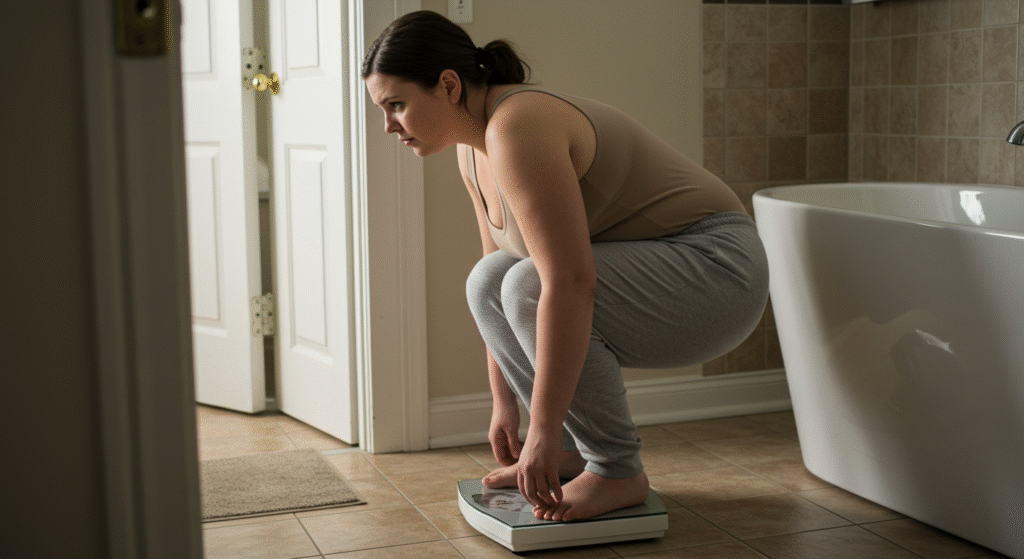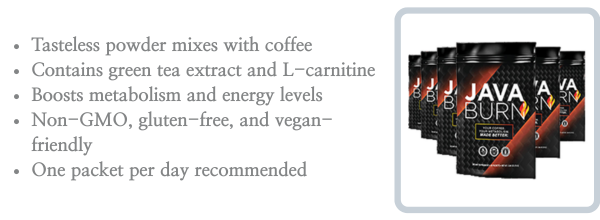
Ever step on the scale after weeks of hitting the gym, only to sigh because the number didn’t budge? Maybe it’s time to stop freaking out about your weight and start looking at what’s actually happening inside your body. How many times have we heard, “Muscle weighs more than fat!” tossed around at the gym or by some overly enthusiastic friend? Here, I’m unpacking what that saying really means: the not-so-obvious differences between fat and muscle, why one might matter more for your progress than the other, and how all this matters for anyone obsessing over their health, clothes, or just overall happiness. The disappointment is real—I totally get it. But when I finally started thinking about muscle and fat as, well, different creatures entirely, something clicked. That one number on the scale? Turns out it’s just a small part of the story. Let’s talk about body composition for a second. It’s basically how much of you is muscle versus how much is fat, and it’s a way better indicator of your health than your total weight. Muscle is a lot more compact than fat, so five pounds of muscle fits into you differently than five pounds of fat would. I can’t tell you how many times I’ve stared down at the scale, shaking my head because after all that hard work (hello, sore arms and legs!) the number just sat there, frozen. A ton of people are catching on to the idea of caring more about their muscle-to-fat ratio than just watching the numbers tick down on a scale. But does shifting your attention to body composition actually help? Absolutely—it flips the script on the way we usually think about weight loss. Zeroing in on your body’s makeup gives you a clearer picture of what’s really going on beneath your skin. Here’s the moment that really threw me: I actually saw a side-by-side of five pounds of muscle and five pounds of fat. The difference in size? Hilariously huge—like, are you kidding me? Here’s what I keep coming back to: The numbers on the scale say less about you than you probably think. If you’re adding muscle but dropping fat, your total weight could hold steady or even inch up. Appreciate every subtle change—the way your clothes fit, the extra pep in your step, how your mood shifts. That’s the real progress. The stuff your scale can’t even begin to measure.

Ever step on the scale after weeks of hitting the gym, only to sigh because the number didn’t budge? I’ve been there (way too many times). So, what gives? Maybe it’s time to stop freaking out about your weight and start looking at what’s actually happening inside your body. This article digs into how muscle and fat show up differently, why your bathroom scale can’t tell the whole truth, and how focusing on real changes—some you can literally feel—can totally flip your perspective. Plus, I share a few things that honestly caught me off guard along the way.
How many times have we heard, “Muscle weighs more than fat!” tossed around at the gym or by some overly enthusiastic friend? But, seriously, what are we actually talking about? Here, I’m unpacking what that saying really means: the not-so-obvious differences between fat and muscle, why one might matter more for your progress than the other, and how all this matters for anyone obsessing over their health, clothes, or just overall happiness.
I can’t tell you how many times I’ve stared down at the scale, shaking my head because after all that hard work (hello, sore arms and legs!) the number just sat there, frozen. The disappointment is real—I totally get it. But when I finally started thinking about muscle and fat as, well, different creatures entirely, something clicked. That one number on the scale? Turns out it’s just a small part of the story.
Let’s talk about body composition for a second. It’s basically how much of you is muscle versus how much is fat, and it’s a way better indicator of your health than your total weight. Muscle is a lot more compact than fat, so five pounds of muscle fits into you differently than five pounds of fat would. I learned that fat mostly stores energy (like a savings account), while muscle is the powerhouse that pulls, moves, and supports us through life’s messiest stuff.
A ton of people are catching on to the idea of caring more about their muscle-to-fat ratio than just watching the numbers tick down on a scale. And honestly, who wouldn’t rather be strong and feel good than just, you know, “lighter”? Ever met someone who looks super fit but their weight seems high for their size? That’s probably muscle. That’s why tracking your body composition—not just your weight—makes a world of difference if you want to actually feel healthier, not just shrink.
But does shifting your attention to body composition actually help? Absolutely—it flips the script on the way we usually think about weight loss. One nugget that tripped me up: a pound is a pound, no matter if it’s fat or muscle, but what a difference it makes! The way they sit on your body (and affect your health) is night and day.
Zeroing in on your body’s makeup gives you a clearer picture of what’s really going on beneath your skin. Sometimes it even boosts your motivation, especially when you’re stuck in “scale purgatory”—that weird phase where you feel stronger but somehow…heavier? The catch: those fancy devices that tell you exactly what’s muscle and what’s fat aren’t exactly lying around everyone’s house (and they’re not always the cheapest thing, either).
Here’s the moment that really threw me: I actually saw a side-by-side of five pounds of muscle and five pounds of fat. The difference in size? Hilariously huge—like, are you kidding me? It made me think of my friend down the hall, who stopped obsessing over her weight and suddenly noticed her jeans from two years ago fit again. No weight change on the scale, but everything else felt different. Progress, right? Sometimes a win shows up outside the numbers.
Here’s what I keep coming back to: The numbers on the scale say less about you than you probably think. If you’re adding muscle but dropping fat, your total weight could hold steady or even inch up. Still, your body might be looking and feeling better every day. It’s weird, kind of wild, but honestly sort of comforting, too. So keep going. Appreciate every subtle change—the way your clothes fit, the extra pep in your step, how your mood shifts. That’s the real progress. The stuff your scale can’t even begin to measure.

Here’s what I keep coming back to: The numbers on the scale say less about you than you probably think. If you’re adding muscle but dropping fat, your total weight could hold steady or even inch up. Still, your body might be looking and feeling better every day. It’s weird, kind of wild, but honestly sort of comforting, too. So keep going. Appreciate every subtle change—the way your clothes fit, the extra pep in your step, how your mood shifts. That’s the real progress. The stuff your scale can’t even begin to measure.
sources
-
Breaking Down the Real Differences Between Muscle and Fat
-
Body Composition: Why It Matters for Your Fitness
-
Muscle vs Fat: Understanding True Progress
Today’s related searches: muscle vs fat appearance comparison, how to measure body composition, build muscle lose fat simultaneously, muscle density fat density explained, body composition tracking methods
Each offers exceptional value and is designed to support your health in meaningful ways


